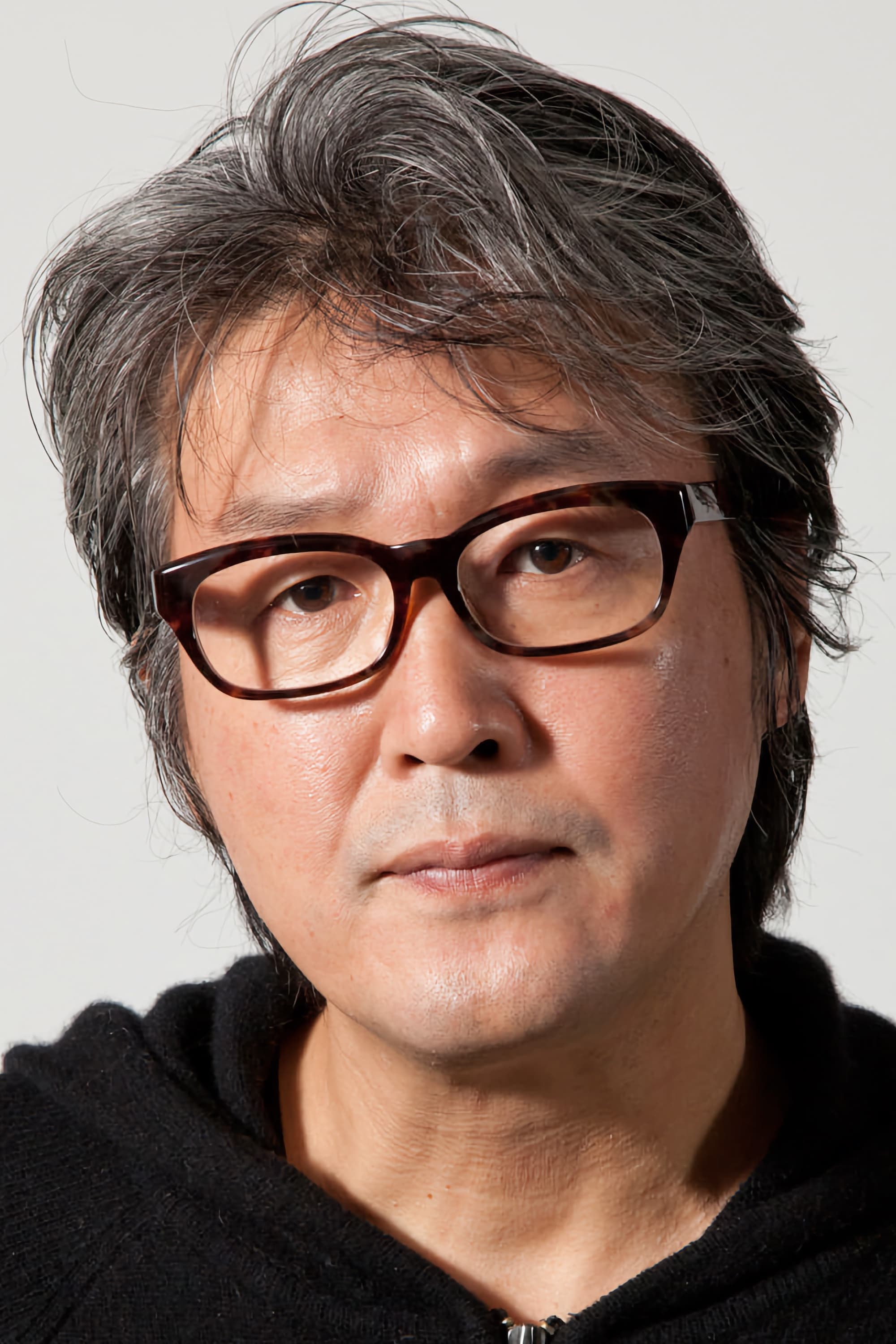
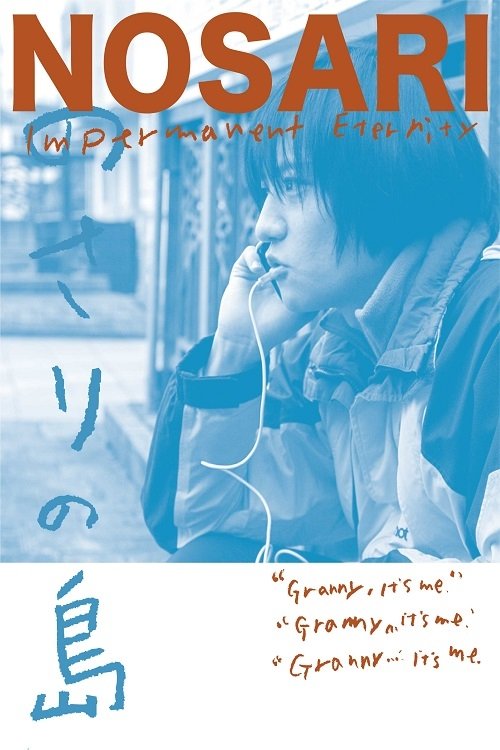
A young man wanders and makes calls to elders who live alone. Saying “Granny, it’s me,” he lies to them that he is their grandson. An old lady, who runs a music shop in the declining shopping area in Amakusa, answers his call and warmly accepts him. Pretending as her grandson, he settles down in the town. He gets used to his friendship with young villagers, the sound and landscape of Amakusa, and the old lady’s everyday life.
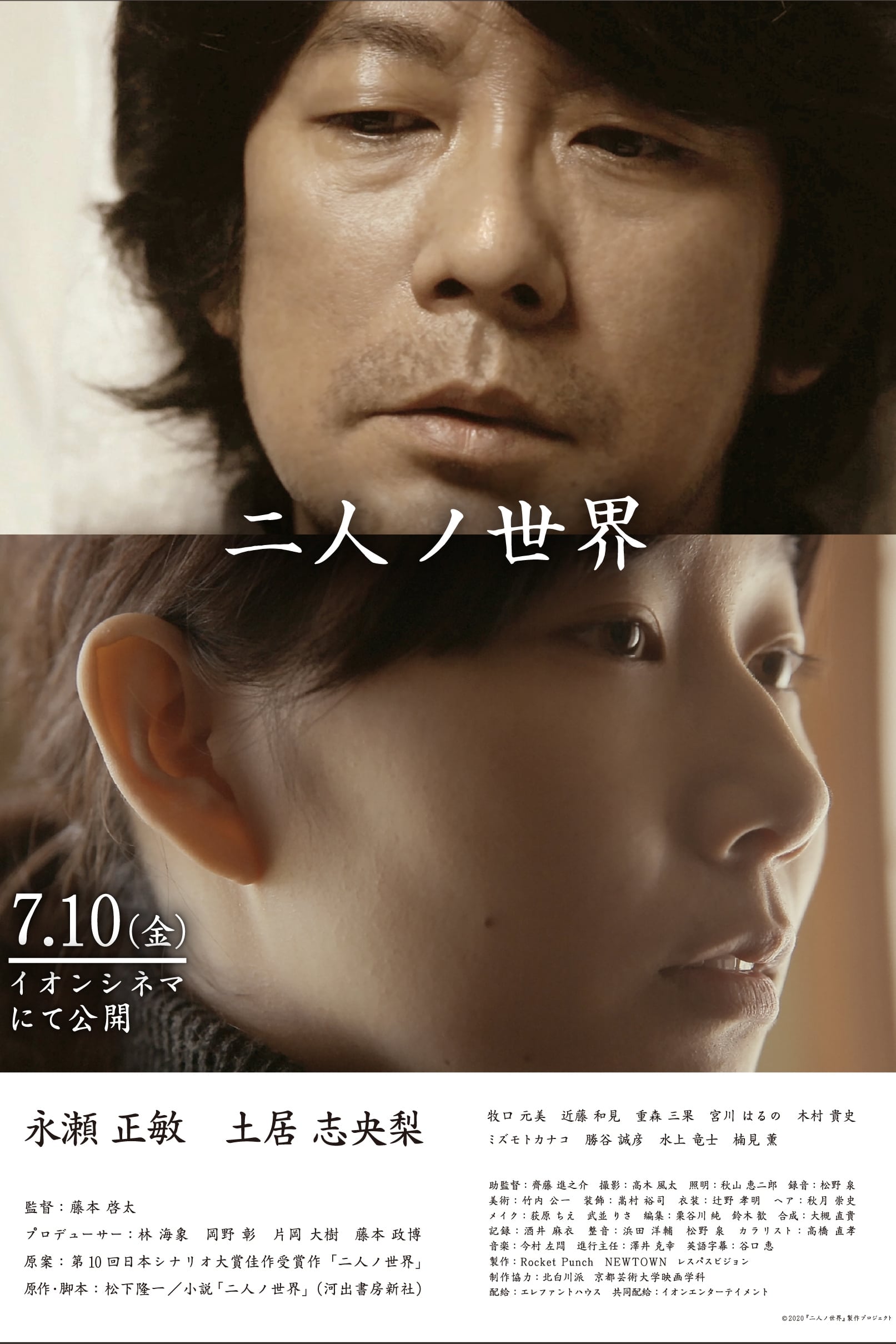
Shunsaku was paralyzed from the neck down at the young age of 36 by a spinal injury suffered in a motorcycle accident. A blind woman named Hanae arrives to be his caregiver. Despite her frustrations with Shusaku's ill-nature and verbal abuse, Hanae also harbors a tremendous sense of being deprived that she doesn't tell others.
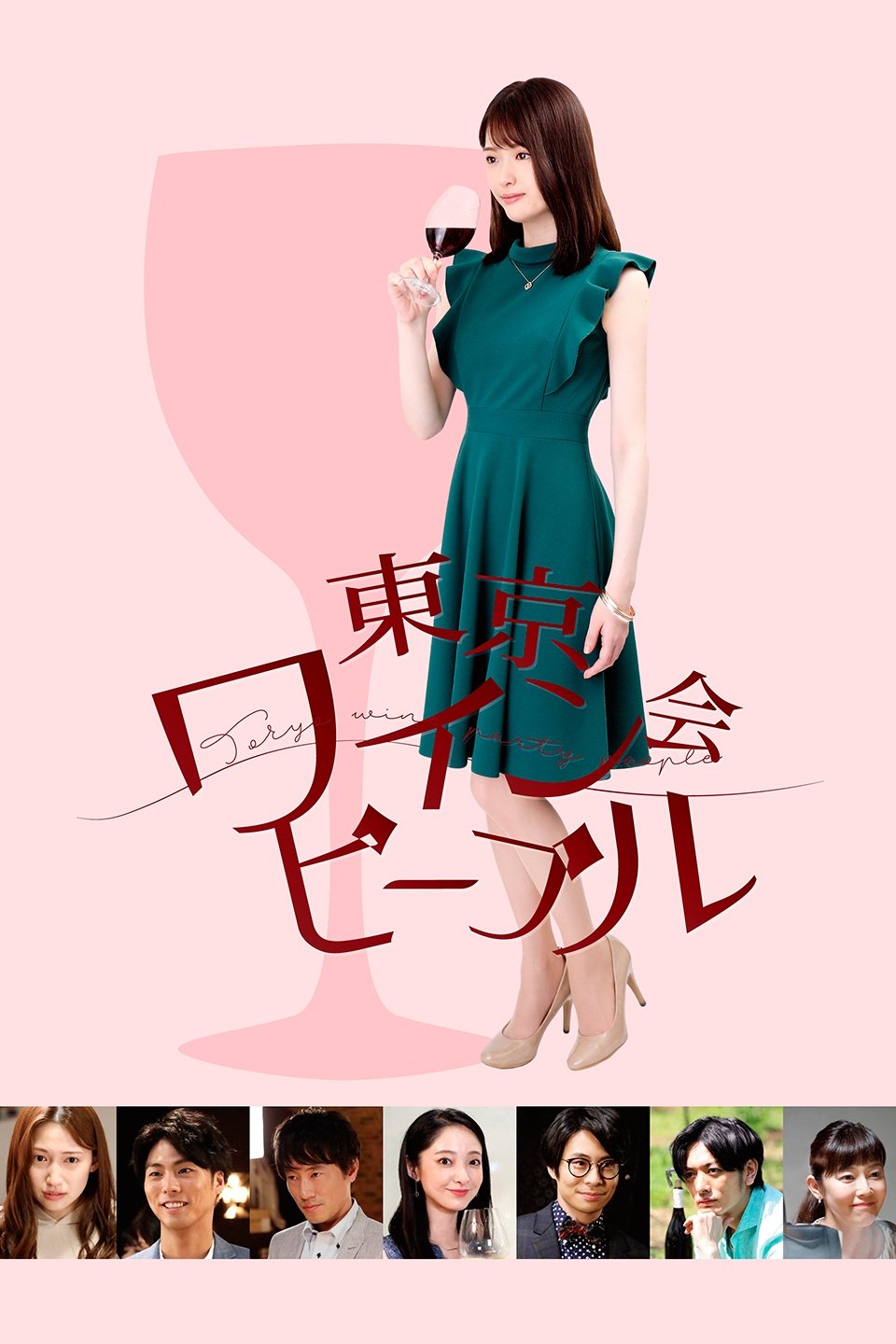
Shino Sakuragi is an OL. She attends a wine party recommended by her boss, even though she isn't comfortable at such a fancy get together. There, Sakuragi meets Kazushi Oda. He is knowledgeable about wine and he doesn't show off his success as a businessman. She becomes attracted to him, but Oda gets arrested for accounting fraud later. Sakuragi is confused by the situation, but she keeps attending the wine parties and becomes hooked on wine.
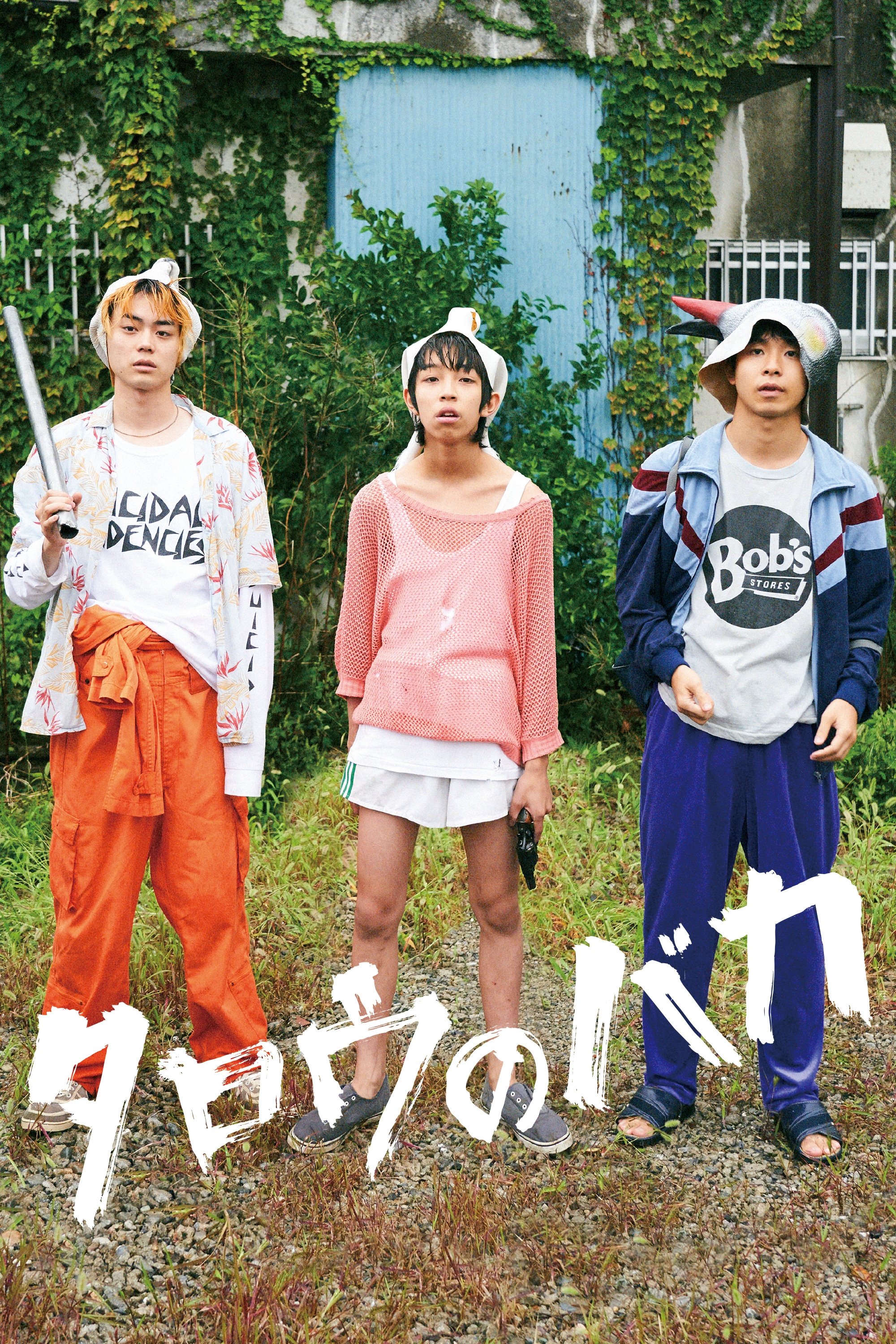
Tarō is a vagabond, a wannabe, an urchin, and not what anyone would call mainstream. He does not care. Do not even ask him about his background or age. He would not know and he would not bother. The man meets two others and he begins to experience a new set of conditions.

A writer from Kamakura named Hiraoka Eisei is researching supernatural stories but finds himself revisiting memories from a previous visit to his wife’s home town. Ogura Kako,a shy local woman, is asked to help an actor from Tokyo practice speaking with Kyoto intonation and, after the lesson, he asks her to show him around Arashiyama.
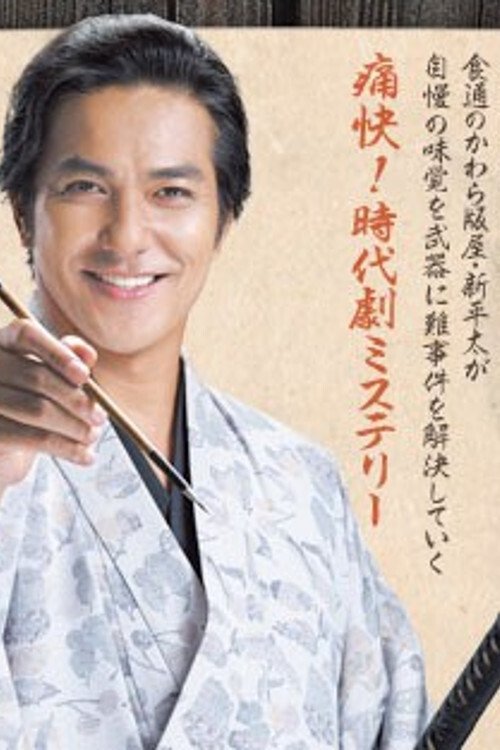
During the late Edo period when the Tenpo Reforms are in force, public discontent is growing over the collusive relationships between merchants and government officials. Kakie Shinpeita (Kitamura Kazuki) is a samurai who possesses a highly sensitive palate and remarkable knowledge of food. His family publishes a tabloid-style newspaper in block print that covers local happenings. However, Shinpeita is only interested in food and how to prepare it. He scours Edo looking for food stories to report as he uses his sense of taste and knowledge to help the Kitamachi magistrate Toyama Kinshiro (Nakamura Hashinosuke) to solve baffling cases that occur in the capital.
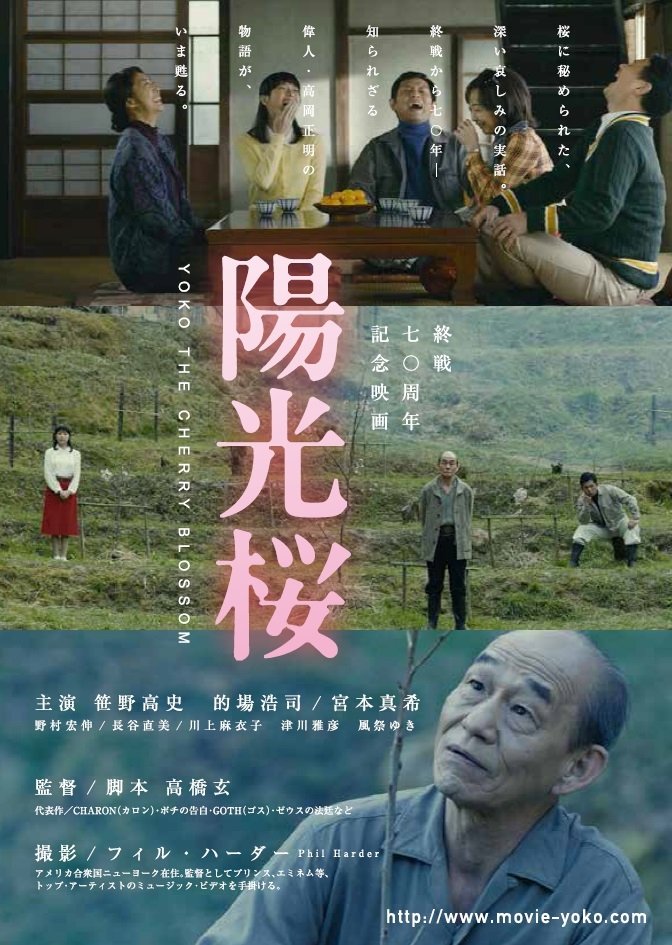
In 1940, Masaaki Takaoka works as a teacher in the agricultural division at a youth training institute. Although Japan’s defeat seems imminent, all of Masaaki’s students are drafted in a futile last-ditch effort. In an attempt to give the young men some hope, he makes everyone promise that they will all meet again under the cherry blossoms upon their safe return. Consumed by sadness over the fate of his students, Masaaki devotes the next 30 years of his life to develop a new species of cherry blossoms that could thrive in any climate in remembrance of his students.
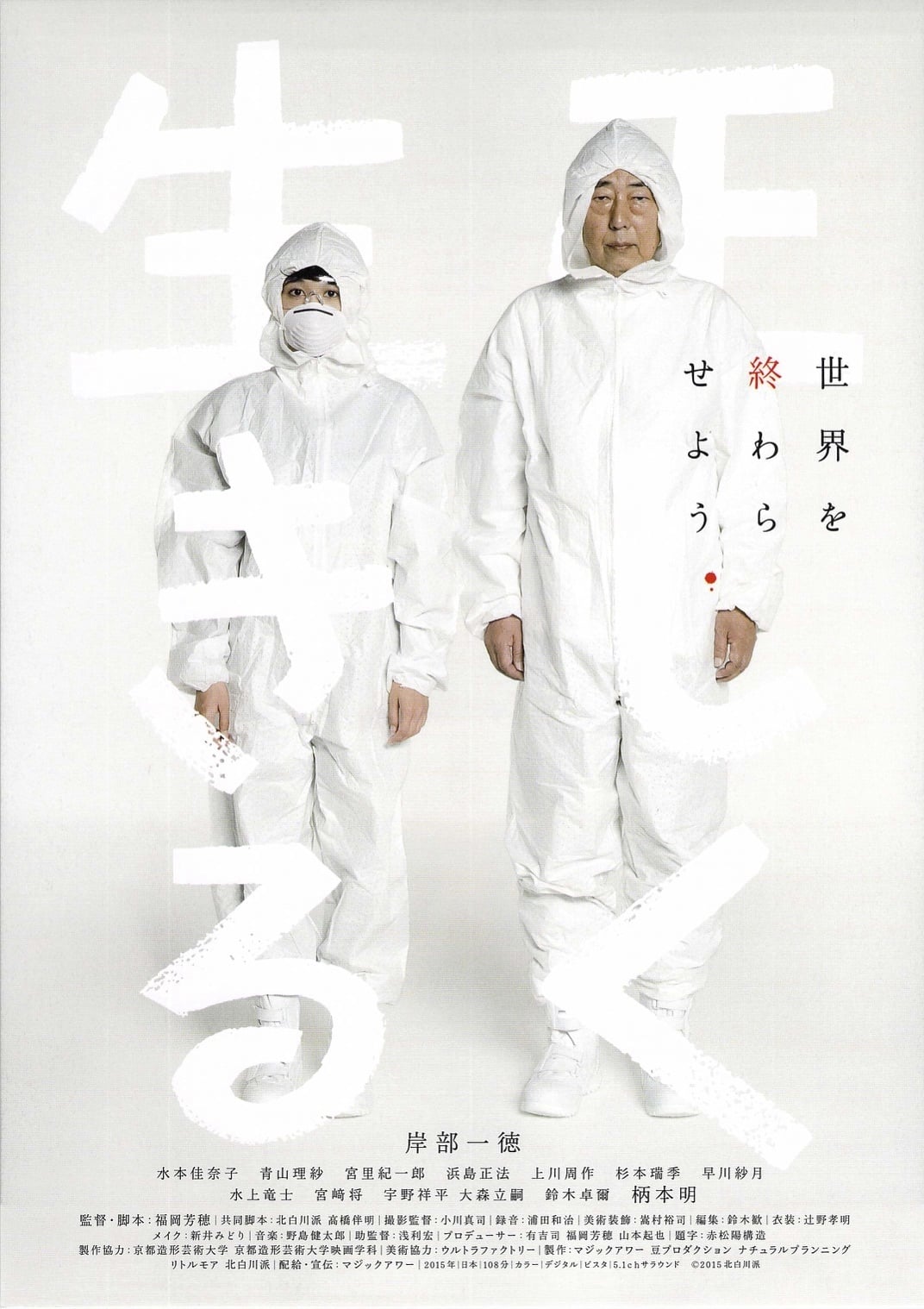
The fifth work of the "Kita-Shirakawa school movie" in which a student of Kyoto University of Art and Design, a professional film staff, and a cast team up to make a film. With a certain big disaster, people are struggling for love while holding their own circumstances, and as a result, they ask what it is to "live correctly" even in a vague and uneasy era. Ittoku Kishibe played Yanagida, the protagonist of the protagonist who created and exhibited objects that incorporate radioactive materials to create and display indiscriminate terrorism.
Ryushi Mizukami, born December 26, 1964 is a Japanese actor and screenwriter hailing from Toyama Prefecture. He is affiliated with Toei Management and possesses a unique set of skills, including horseback riding and choreography. Mizukami's journey in the entertainment industry began with his involvement in situation theaters before participating in small theater productions and other producer-led performances. Subsequently, he made his mark in the realms of film and television, establishing himself as a versatile actor. Additionally, he pursued a career as a screenwriter, crafting scripts for plays, movies, and V-cinema projects. His talents are diverse, exemplified by his recognition with the Special Jury Prize at the Yokohama Film Festival for the movie "SCORE" in 1995 and the Excellence Award at the 1998 Japan TV Scenario "Toryumon" contest. Beyond his roles on screen, Mizukami is a dedicated educator. He serves as a professor in the Film Department at Kyoto University of Art and Design, contributing to the development of young talents. His wealth of experience and knowledge is being passed on to the next generation of filmmakers, shaping the future of the industry.
By browsing this website, you accept our cookies policy.